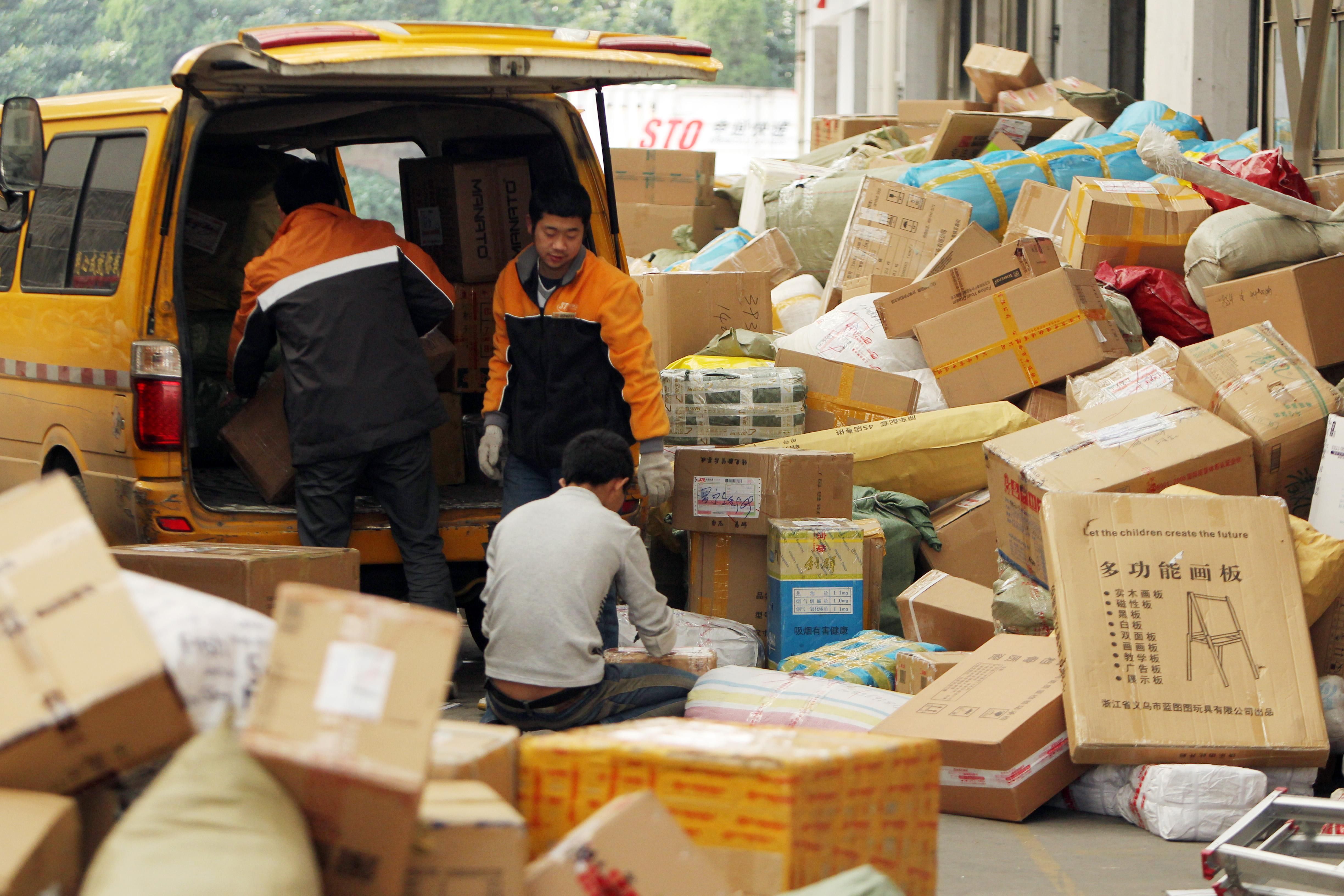63.6: All those e-commerce goods have to be shipped in something, right? The global market for envelopes, tubes, mailers, and other protective packaging is projected to hit $63.6 billion this year, nearly double where it stood in 2019.
70: A peach farmer in Beijing’s farm-rich Pinggu district was able to sell 70kg (155 pounds) of the fruits every day during this year’s harvest season, thanks to livestreaming her work and selling online. Back in 2017, the local government launched a massive initiative to bring local farmers onto e-commerce platforms.
20: Online sales in 2021 accounted for 20% of the global $65 billion art market. That’s twice the share of 2019, before the pandemic gave a boost to e-commerce in art.
14.5: E-commerce accounted for 14.5% of all retail sales in the US in the second quarter of this year,
according to the US Fed. That’s up 3 points since the eve of the pandemic and is a full 10 times
higher than it was two decades ago.
